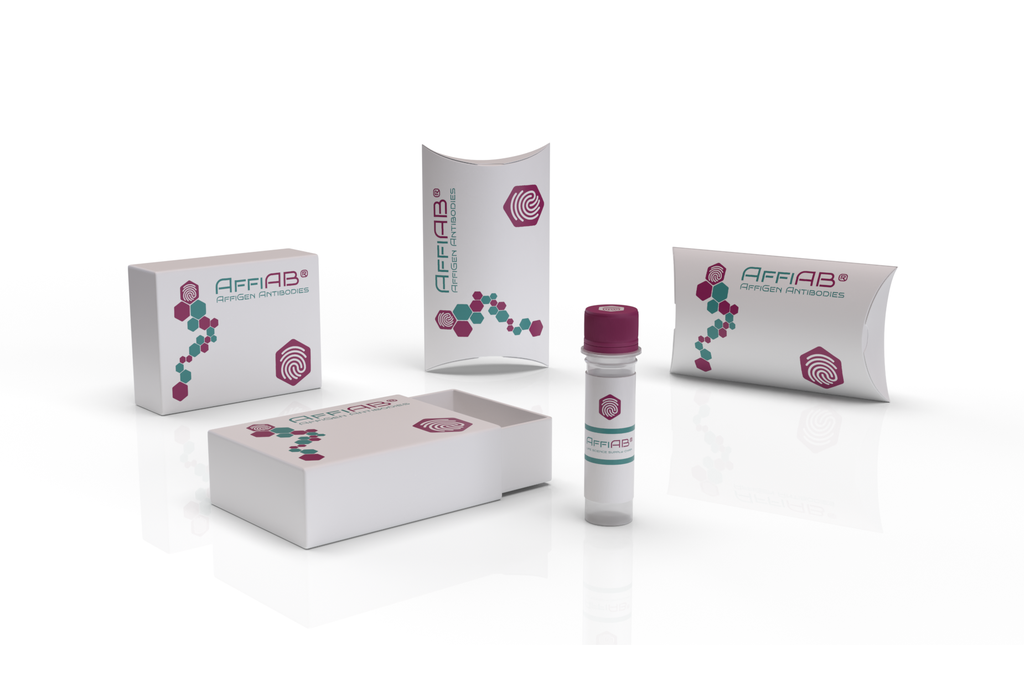AffiAB® Anti-RANKL Antibody
Cytokine that binds to TNFRSF11B/OPG and to TNFRSF11A/RANK. Osteoclast differentiation and activation factor. Augments the ability of dendritic cells to stimulate naive T-cell proliferation. May be an important regulator of interactions between T-cells and dendritic cells and may play a role in the regulation of the T-cell-dependent immune response. May also play an important role in enhanced bone-resorption in humoral hypercalcemia of malignancy. Induces osteoclastogenesis by activating multiple signaling pathways in osteoclast precursor cells, chief among which is induction of long lasting oscillations in the intracellular concentration of Ca (2+) resulting in the activation of NFATC1, which translocates to the nucleus and induces osteoclast-specific gene transcription to allow differentiation of osteoclasts. During osteoclast differentiation, in a TMEM64 and ATP2A2-dependent manner induces activation of CREB1 and mitochondrial ROS generation necessary for proper osteoclast generation.
Antibody type
Rabbit polyclonal Antibody
Uniprot ID
SwissProt: O14788 Human; SwissProt: O35235 Mouse; SwissProt: Q9ESE2 Rat
Recombinant
NO
Conjugation
Non-conjugated
Host
Rabbit
Isotype
IgG
Clone
N/A
KO/KD
N/A
Species reactivity
Human, Mouse, Rat
Tested applications
WB, IF-Cell
Predicted species reactivity
N/A
Immunogen
Recombinant protein within human RANKL 100-317.
Storage
Store at +4°C after thawing. Aliquot store at -20°C. Avoid repeated freeze / thaw cycles.
Form
Liquid
Storage buffer
PBS (pH7.4) , 0.1% BSA, 40% Glycerol. Preservative: 0.05% Sodium Azide.
Concentration
2 mg/ml
Purity
Immunogen affinity purified.
Signal pathway
N/A
Recommended dilutions
WB: 1:1, 000; IF-Cell: 1:100
Molecular Weight
Predicted band size: 35 kDa
Subcellular location
Cell membrane, Cytoplasm.
Positive control
Hela cell lysate, mouse spleen tissue lysate, rat spleen tissue lysate, Hela.
